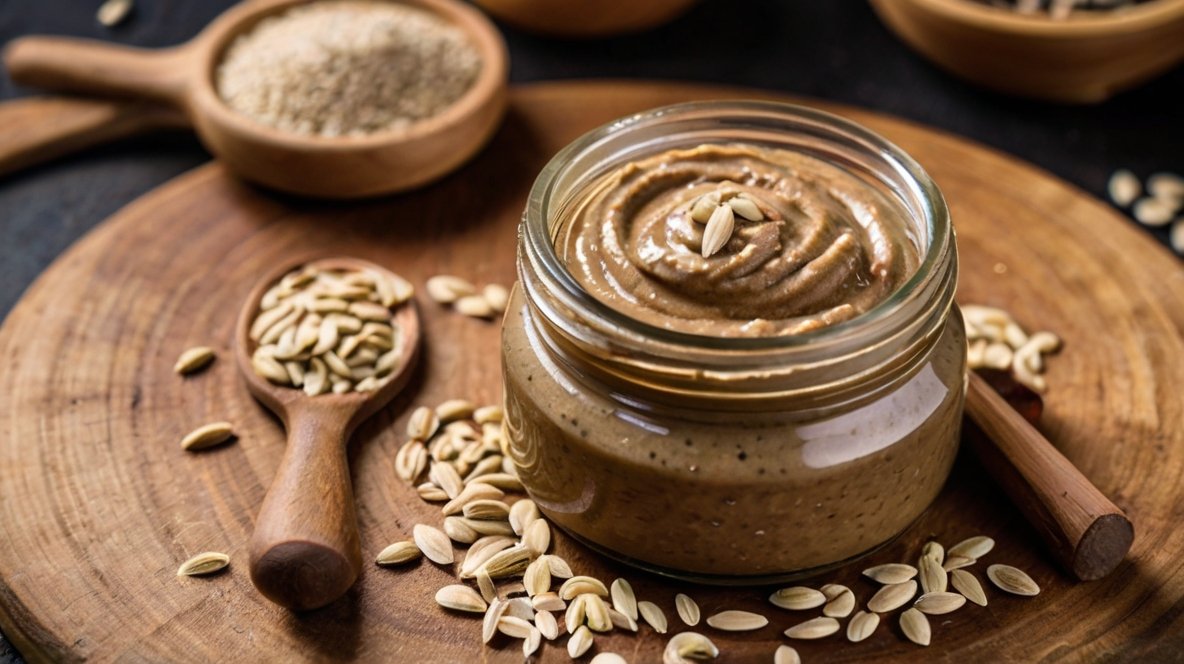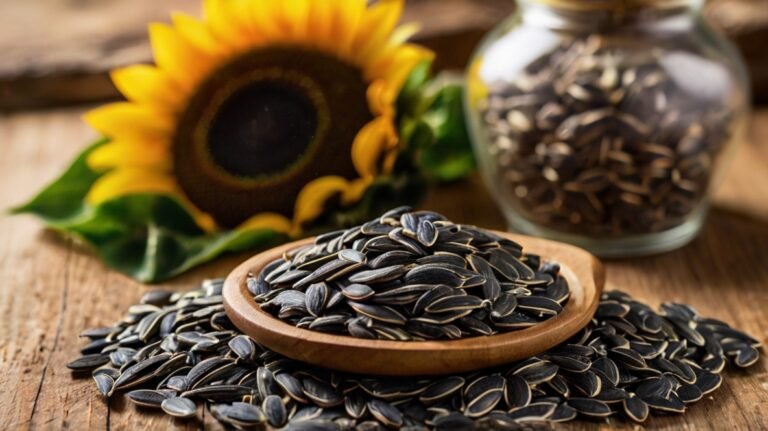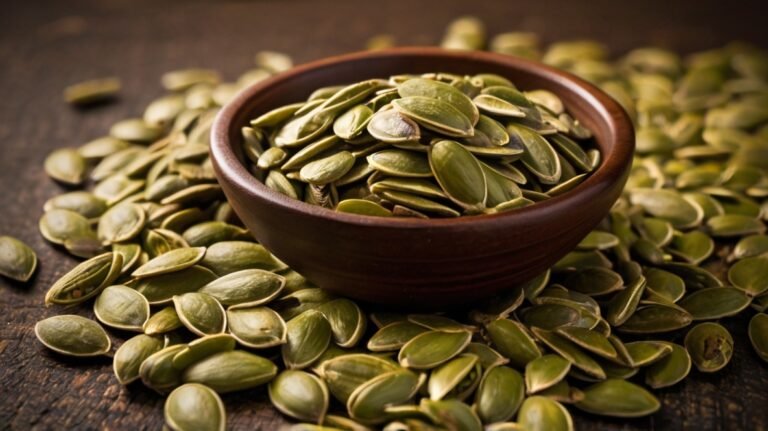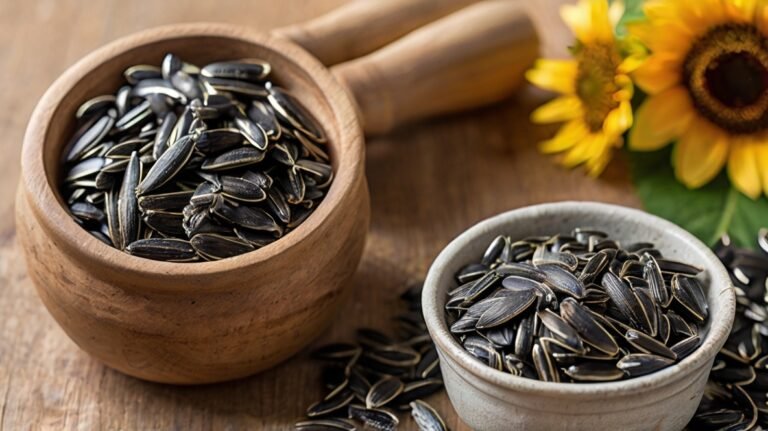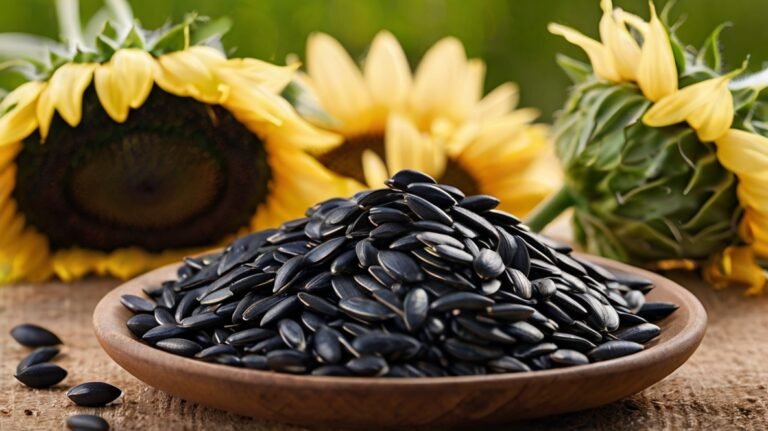Sunflower seed butter is a creamy, nutritious alternative to traditional nut butters. At XingYi Trading, we're passionate about helping you create the perfect spread using our premium sunflower seeds. Let's dive into the world of sunflower seed butter and discover how our top-quality seeds can elevate your culinary creations.
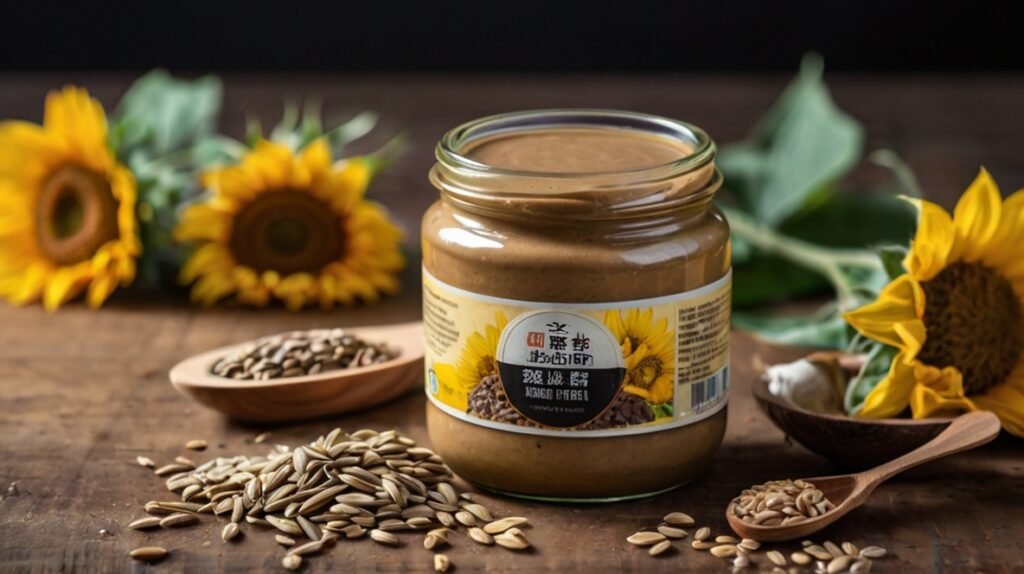
1. Choosing the Right Seeds: The Foundation of Great Butter
The key to exceptional sunflower seed butter starts with selecting the best seeds. Our Premium 363 Sunflower Seeds are perfect for this purpose. These raw, unsalted seeds provide a clean canvas for your butter, allowing you to control the flavor profile. Their high oil content ensures a smooth, creamy texture that's hard to beat.
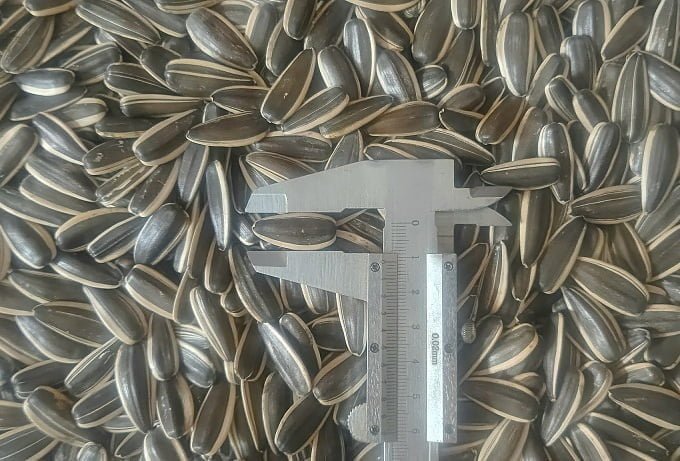
2. Roasting for Flavor: Enhancing the Nutty Goodness
While our seeds are delicious raw, roasting can enhance their flavor for butter-making. Our guide to roasting sunflower seeds provides expert tips to bring out the best in your seeds. Roasting not only deepens the flavor but also makes the seeds easier to process into a smooth butter.
Roasting Times for Perfect Sunflower Seed Butter
| Roast Level | Time (minutes) | Temperature (°F) | Flavor Profile |
|---|---|---|---|
| Light | 10-15 | 300 | Subtle, nutty |
| Medium | 15-20 | 325 | Rich, toasty |
| Dark | 20-25 | 350 | Bold, intense |
3. Blending Techniques: From Seeds to Silky Smooth Butter
Now comes the fun part - transforming your roasted seeds into butter! Using a food processor or high-powered blender, process the seeds until they release their oils and form a smooth paste. This process usually takes 10-15 minutes, with occasional scraping of the sides. For an extra smooth consistency, consider adding a tablespoon of our premium sunflower seed oil during blending.
4. Flavor Variations: Customizing Your Butter
One of the joys of making your own sunflower seed butter is the ability to customize it. Try adding a pinch of salt to enhance the natural flavors, or experiment with honey for a touch of sweetness. For a gourmet twist, incorporate spices like cinnamon or vanilla extract. Our Premium Tongqing No. 6 Sunflower Seeds offer a unique flavor profile that pairs wonderfully with both sweet and savory additions.

5. Nutritional Powerhouse: The Health Benefits of Sunflower Seed Butter
Sunflower seed butter isn't just delicious - it's incredibly nutritious too. Packed with vitamin E, magnesium, and healthy fats, it's a great addition to a balanced diet. Our Premium 361 Sunflower Seeds are particularly rich in these nutrients, making them an excellent choice for health-conscious butter makers. Learn more about the health benefits of sunflower seeds on our website.
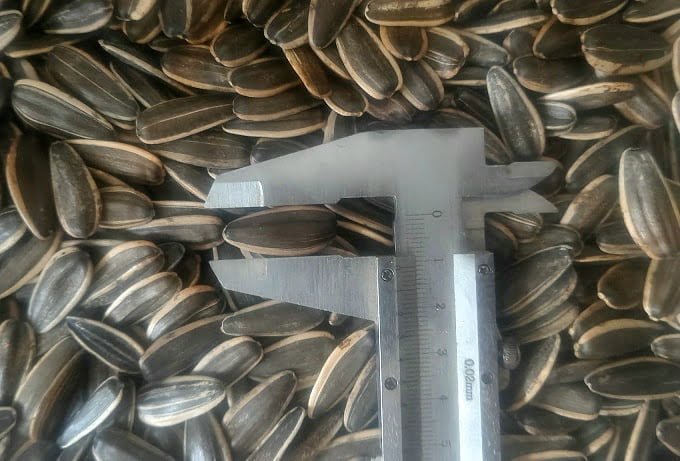
6. Storage and Shelf Life: Keeping Your Butter Fresh
Proper storage is key to maintaining the quality of your homemade sunflower seed butter. Store it in an airtight container in the refrigerator for up to a month. For longer storage, you can freeze it for up to six months. Check out our guide on storing sunflower seeds for more tips on preserving the freshness of your seeds and butter.
7. Culinary Applications: Beyond the Bread Spread
While delicious on toast, sunflower seed butter has many other culinary applications. Use it as a base for salad dressings, blend it into smoothies for added nutrition, or incorporate it into baked goods for a nutty flavor boost. Our sunflower seeds in cooking guide offers more creative ideas for using your homemade butter in various recipes.
8. Sunflower Seed Butter vs. Other Nut Butters: A Comparison
Sunflower seed butter stands out among nut butters for its unique flavor and allergy-friendly profile. Here's how it compares to other popular spreads:
Nut Butter Comparison Table
| Attribute | Sunflower Seed Butter | Peanut Butter | Almond Butter |
|---|---|---|---|
| Allergen-Free | ✓ | ✗ | ✗ |
| Vitamin E Content | High | Moderate | High |
| Protein Content | Moderate | High | Moderate |
| Omega-6 Fatty Acids | High | Moderate | Moderate |
| Versatility in Cooking | High | High | Moderate |
For more information on how sunflower seeds stack up against other seeds, check out our sunflower seeds vs. pumpkin seeds comparison.
Elevate Your Culinary Creations with XingYi Trading Sunflower Seeds
Making your own sunflower seed butter is a rewarding experience that allows you to control the quality and flavor of your spread. By choosing XingYi Trading sunflower seeds, you're ensuring that your butter starts with the best possible ingredients. Our commitment to quality, from seed selection to harvesting techniques, guarantees that every batch of sunflower seed butter you make will be exceptional.
Whether you're a seasoned butter maker or trying it for the first time, our premium sunflower seeds provide the perfect foundation for your culinary adventures. Explore our range of products and discover the difference that quality seeds can make in your homemade sunflower seed butter. Start your butter-making journey today with XingYi Trading - where every seed is a step towards delicious, nutritious perfection!

